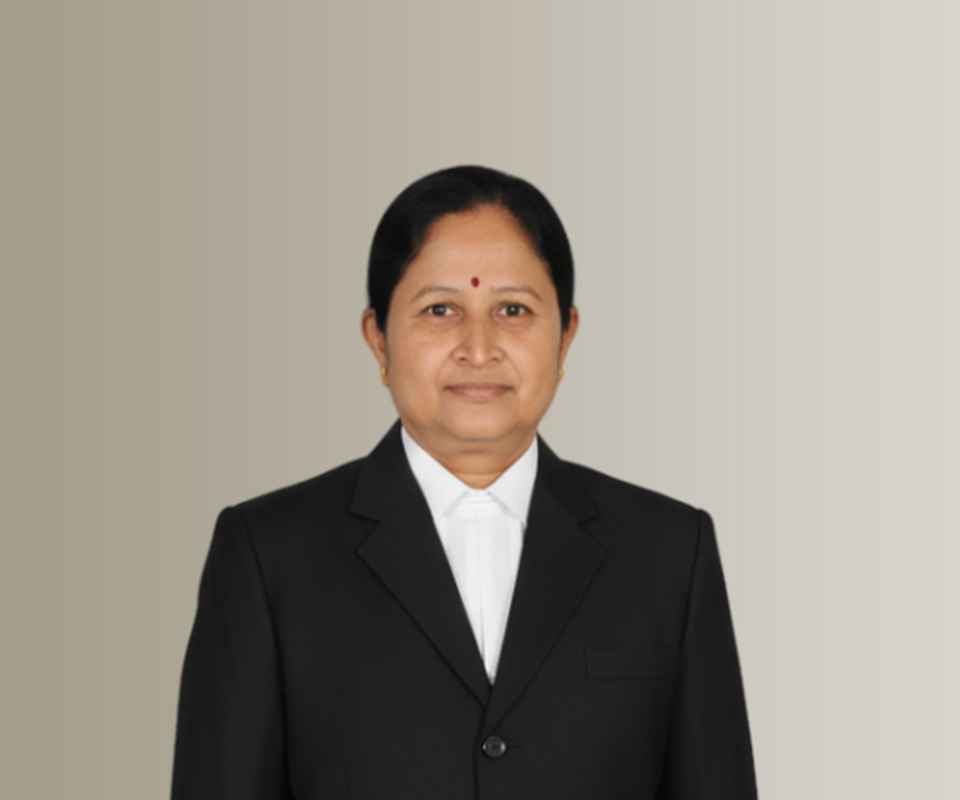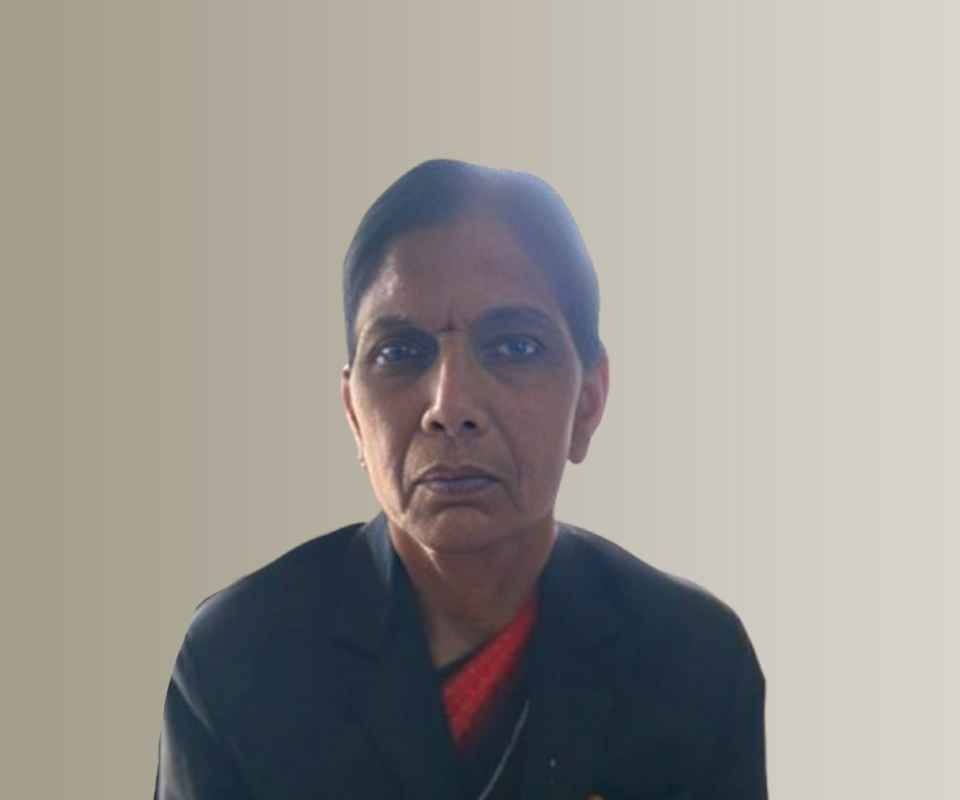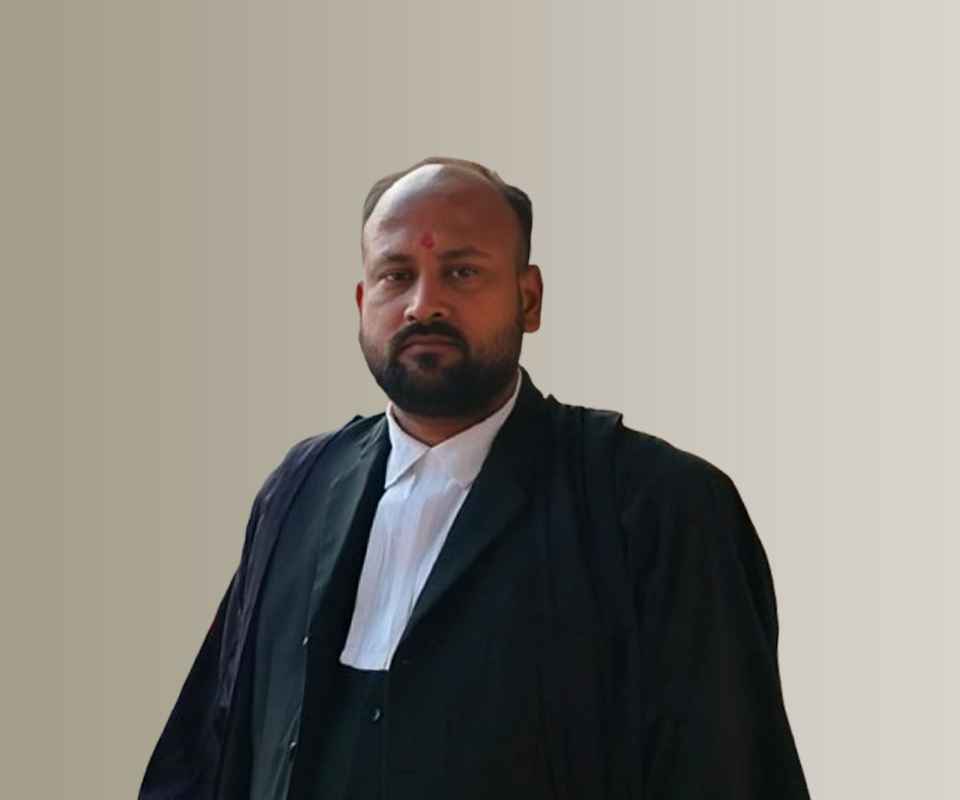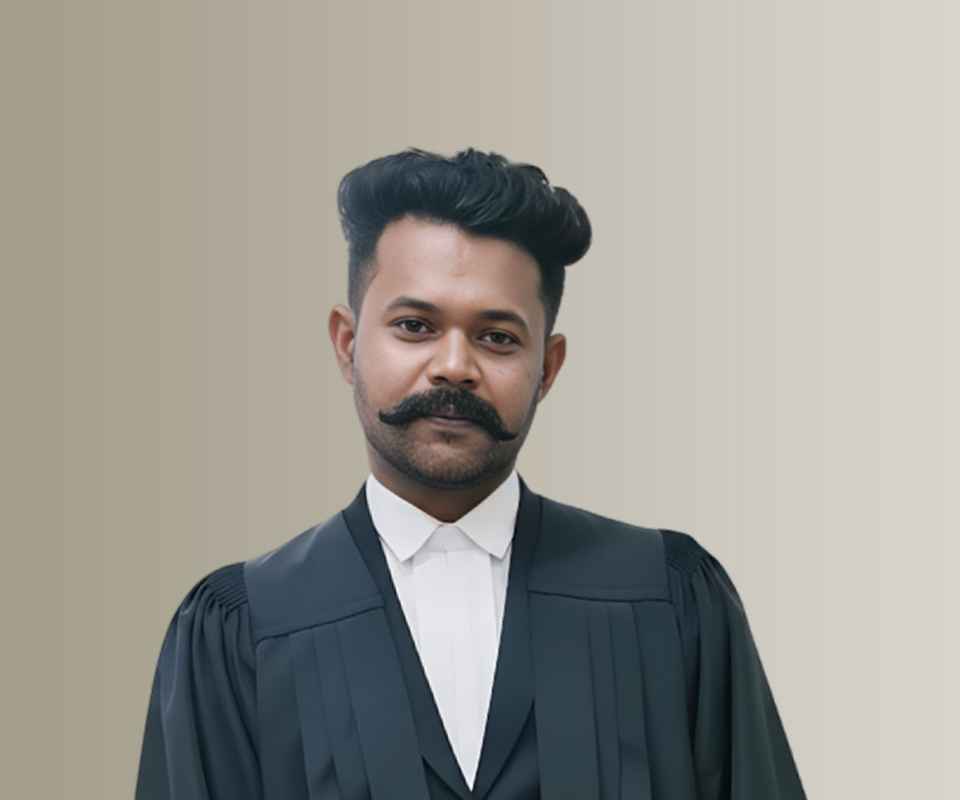Answer By law4u team
In most legal systems, special courts dedicated exclusively to LGBTQ+ domestic violence cases are not widespread. However, some jurisdictions may have developed more inclusive practices or specialized family courts that are sensitive to the unique issues faced by LGBTQ+ survivors of domestic violence. While LGBTQ+ individuals do not typically have access to courts that are specifically set up just for them, many legal systems are working toward creating more inclusive and supportive environments for survivors from this community.
Key Points About Special Courts or Practices:
Inclusion within General Domestic Violence Courts:
Domestic violence courts in many regions do not operate exclusively for LGBTQ+ individuals, but they may provide specialized training and resources to handle cases involving the LGBTQ+ community. These courts aim to offer supportive and non-discriminatory environments for all victims of domestic violence, regardless of sexual orientation or gender identity. Some courts have adopted inclusive practices, such as ensuring staff are trained to understand the challenges LGBTQ+ survivors may face, including fear of discrimination or lack of legal protections.
Challenges Faced by LGBTQ+ Survivors:
LGBTQ+ survivors of domestic violence may experience unique challenges compared to their heterosexual counterparts. These challenges can include fear of discrimination, lack of awareness by law enforcement or the courts, and issues related to gender identity (e.g., transgender survivors). Additionally, economic dependence or social stigma can exacerbate the abuse. The intersectionality of domestic violence in LGBTQ+ cases can also be influenced by race, class, and gender identity, which might require specialized attention. Courts may need to adjust their procedures to ensure that LGBTQ+ survivors are not retraumatized or discriminated against during legal proceedings.
Domestic Violence Services and Support for LGBTQ+ Individuals:
In some areas, domestic violence shelters or support services may be available that specifically cater to the needs of LGBTQ+ individuals. These services might work in conjunction with courts to provide a safe space and resources for survivors who fear seeking help due to potential discrimination. Legal advocacy services and counseling may also be tailored to address the distinct needs of LGBTQ+ survivors, ensuring they feel heard and understood.
LGBTQ+ Friendly Family or Specialized Courts:
While not common, certain jurisdictions may have LGBTQ+-friendly family courts or specialized courts designed to address the legal needs of marginalized communities, including LGBTQ+ individuals. These courts may prioritize training for judges and staff to handle domestic violence cases involving LGBTQ+ survivors in a way that respects their identities and experiences. For example, in some U.S. states, LGBTQ+ survivors may access family courts where judges and legal professionals are trained to be sensitive to issues like same-sex relationships, gender identity, and sexual orientation.
Legal Protections and Advocacy:
Although there are no widespread dedicated courts, advocacy organizations and legal support services may focus on improving the legal experience for LGBTQ+ survivors of domestic violence. These organizations work to inform lawmakers, educate the public, and provide legal representation for LGBTQ+ individuals in domestic violence proceedings. Anti-discrimination laws have evolved in many places to ensure that LGBTQ+ individuals are afforded the same protections as others in cases of domestic violence. Legal professionals may advocate for the inclusion of LGBTQ+ survivors in standard domestic violence protections such as restraining orders, spousal rights, and police procedures.
Example:
In a jurisdiction where domestic violence cases are handled in specialized family courts, an LGBTQ+ individual may seek protection from their abusive partner. The court may have procedures in place that ensure LGBTQ+ individuals feel safe, including access to counselors familiar with LGBTQ+ issues, and protocols to ensure non-discrimination and respect for gender identity. A judge in this court may be trained to recognize that abuse in same-sex relationships or transgender-related abuse can have different dynamics, and therefore, the court may make sure the victim receives appropriate legal and emotional support.
Conclusion:
Currently, there are no widely established special courts dedicated solely to LGBTQ+ domestic violence cases. However, inclusive domestic violence courts, LGBTQ+ friendly family courts, and specialized support services in some regions are working toward addressing the unique challenges faced by LGBTQ+ survivors. As awareness of these issues grows, the legal system is increasingly focused on providing more inclusive and sensitive support to LGBTQ+ individuals facing domestic violence, ensuring they receive justice without fear of discrimination.







